Vice Chairwoman of the National Assembly Nguyen Thi Thanh said that education and training is the top national policy, playing a decisive fundamental role in the country's development. Investing in education is investing in development, not only investing in the future, in the comprehensive development of the Vietnamese people and the long-term prosperity of the nation, but also demonstrating the strategic vision and deep and consistent concern of the Party and State for the young generation.
Accordingly, the Government has submitted to the National Assembly for consideration and approval of the above two draft Resolutions - a decision of profound strategic significance, not only contributing to ensuring the right to education and social equity in access to education for all children, narrowing the gap between regions but also improving the quality of human resources right from the first levels of education, creating a solid foundation for sustainable development. At the same time, these policies clearly affirm the humanity, responsibility, politics and superiority of our regime in comprehensively caring for the young generation and ensuring social security, aiming at the highest goal of people's happiness.
About 300,000 preschool children have not yet gone to school.
Discussing at the hall, delegate Nguyen Thi Quyen Thanh, National Assembly Delegation of Vinh Long province, said: In reality, preschool education still faces many difficulties and major challenges, such as a large number of preschool children from 3 to 4 years old, about 300,000 preschool children who have not yet attended class, mainly children in remote, isolated, disadvantaged areas, and children in special circumstances who have not yet had access to preschool education, creating inequality in access to education.
According to the Government's Proposal, the estimated budget for universalizing preschool education for children aged 3 to 5 will require about 25,000 billion VND and over 21,000 positions will be needed to recruit preschool teachers. Accordingly, delegate Thanh agreed with 3 groups of policies that need to be focused on: First, there is a preferential policy for preschool children of universal age, ensuring the proportion of preschool-age children mobilized to preschool education facilities, nurtured, cared for and educated according to the preschool education program.
There is additional support for preschool children aged 3 to 5 in disadvantaged areas. Priority is given to developing preschool education in mountainous areas, ethnic minority areas, islands, borders, coastal areas, and areas with difficult socio-economic conditions, especially areas with industrial parks and export processing zones. Lunch support for preschool children and education costs for children of workers.
Second, there are policies for managers, teachers and staff. Third, invest in developing a network of preschool education schools.
In addition, delegate Nguyen Thi Quyen Thanh suggested: It is necessary to do a good job of communication so that people understand that giving birth, raising children, and educating children requires close and regular coordination between schools, families, and society. Support for lunch and school expenses for children in particularly difficult areas.
Review the school network planning, focusing on disadvantaged areas, ethnic minority areas, mountainous areas, isolated areas, densely populated areas, immigrants and workers. Prioritize classrooms, toilets, shelter kitchens, and minimum equipment to ensure basic conditions for children aged 3 to 5 to go to school safely and with adequate quality. Promote digital transformation, develop digital science warehouses, train teachers in using digital tools, digitize data, and manage universalization to closely and flexibly monitor progress. Build a national database system on preschool children aged 3 to 5, such as classroom status, school information, teachers, and facilities. This system will allow monitoring and evaluating universalization progress accurately and transparently.
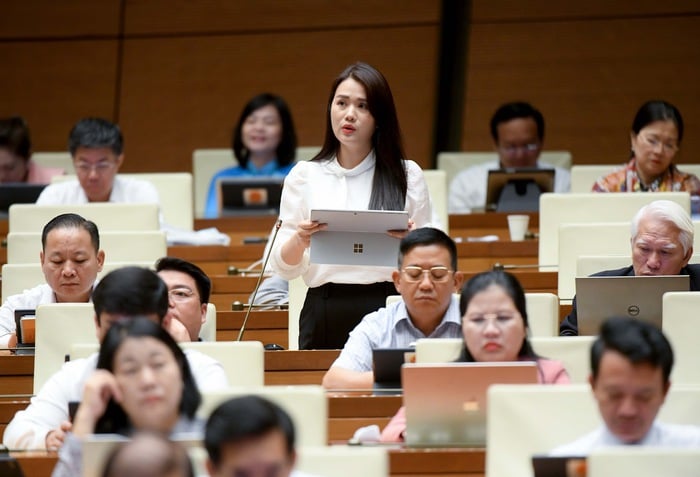
Delegate Vuong Thi Huong, National Assembly Delegation of Ha Giang province, discussed
Prioritize preschool development in mountainous areas and ethnic minority areas
Delegate Vuong Thi Huong, National Assembly Delegation of Ha Giang province, said: In order for the policy to truly come into life and promote sustainable effectiveness, it is necessary to resolve the shortage of teachers and lack of facilities, equipment and teaching aids, especially in provinces with ethnic minorities and mountainous areas, and areas with especially difficult socio-economic conditions.
Sharing the same view, delegate Dang Bich Ngoc, National Assembly Delegation of Hoa Binh province, said that with the Resolution on universalizing preschool education for preschool children from 3 to 5 years old, in Clause 5, Article 3 of the draft stipulates: priority is given to preschool development in mountainous areas, ethnic minority areas, border areas, islands, coastal areas, areas with difficult or especially difficult socio-economic conditions, areas with industrial parks, clusters, and export processing zones.
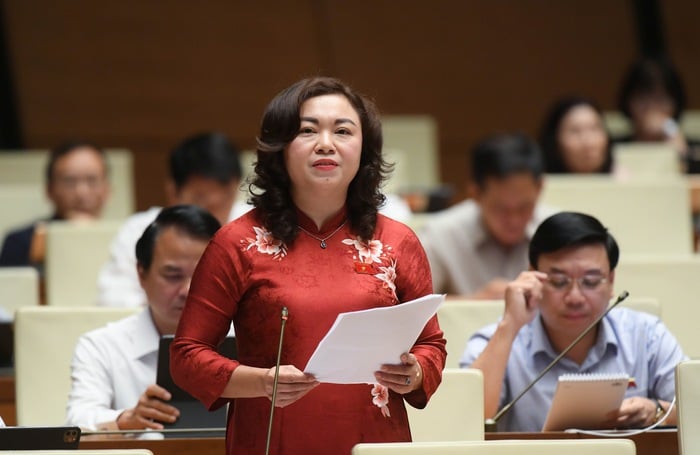
Delegate Dang Bich Ngoc, National Assembly Delegation of Hoa Binh Province,
In addition to investing in the school network, classrooms, facilities, equipment, and the number of teachers according to the norms for specific regions, the State needs to supplement direct support for food expenses for children, especially those from poor families, disabled children, and children in especially difficult circumstances to encourage families to send their children to class, ensure fairness in policies, help children integrate, eliminate inferiority complexes, and have the conditions to go to school.
Source: https://phunuvietnam.vn/de-xuat-bo-sung-chinh-sach-ho-tro-tre-mam-non-thu-hep-khoang-cach-giua-cac-vung-mien-20250616134624324.htm


![[Photo] Prime Minister Pham Minh Chinh meets with representatives of outstanding teachers](https://vphoto.vietnam.vn/thumb/1200x675/vietnam/resource/IMAGE/2025/11/15/1763215934276_dsc-0578-jpg.webp)



![[Photo] General Secretary To Lam receives Vice President of Luxshare-ICT Group (China)](https://vphoto.vietnam.vn/thumb/1200x675/vietnam/resource/IMAGE/2025/11/15/1763211137119_a1-bnd-7809-8939-jpg.webp)



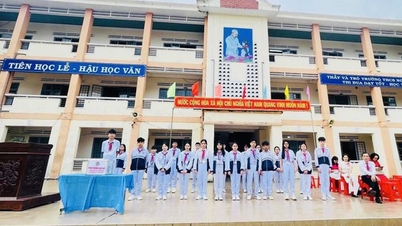

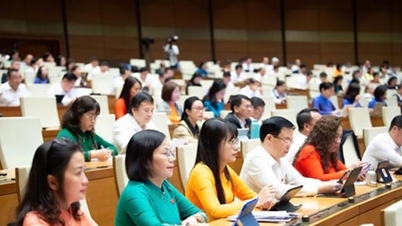

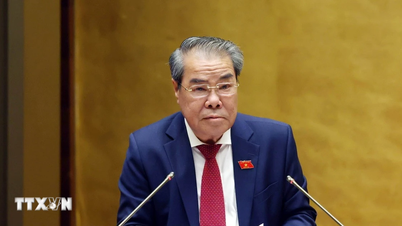

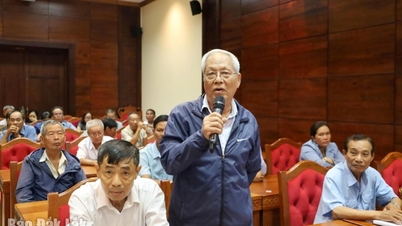

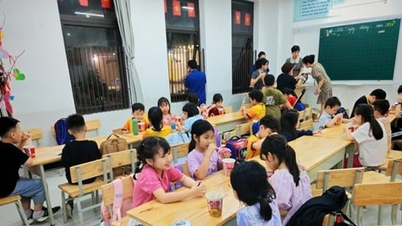
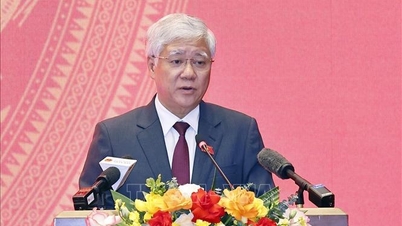



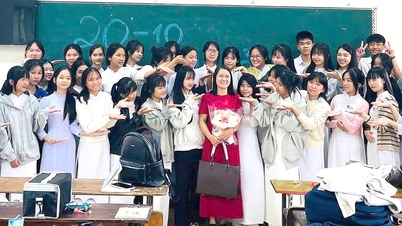



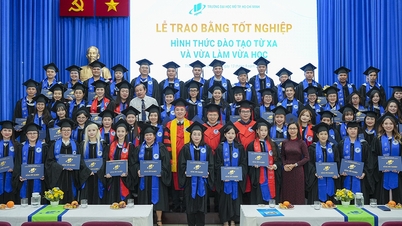

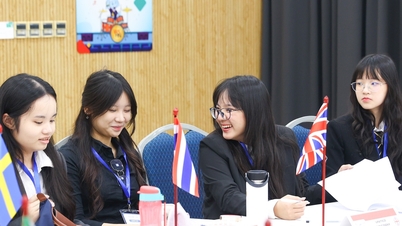




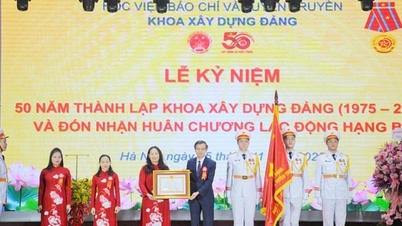
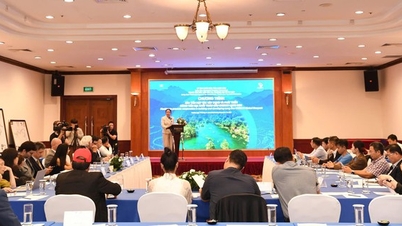




















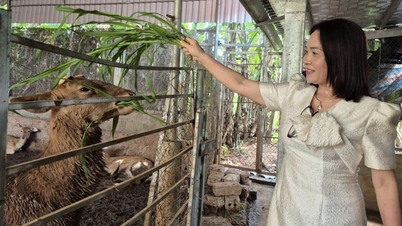



















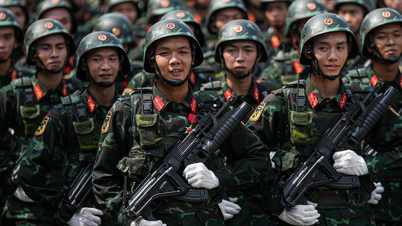


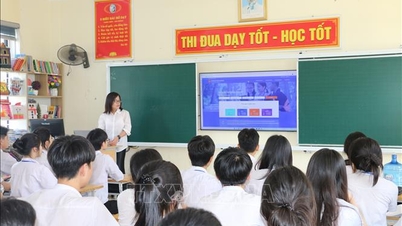












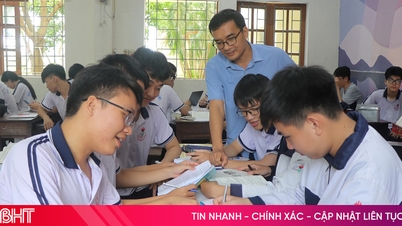

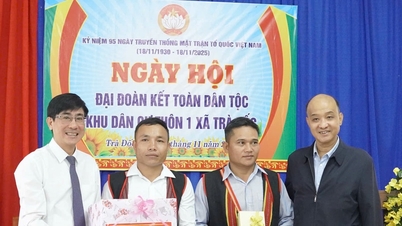



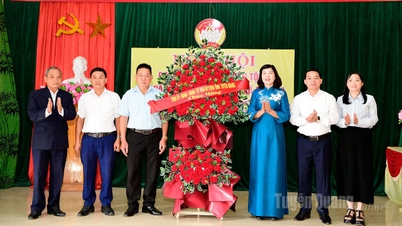
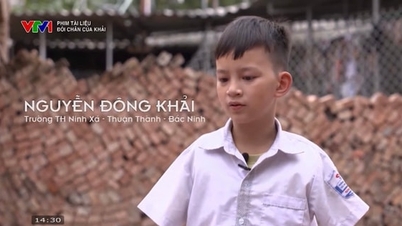











Comment (0)